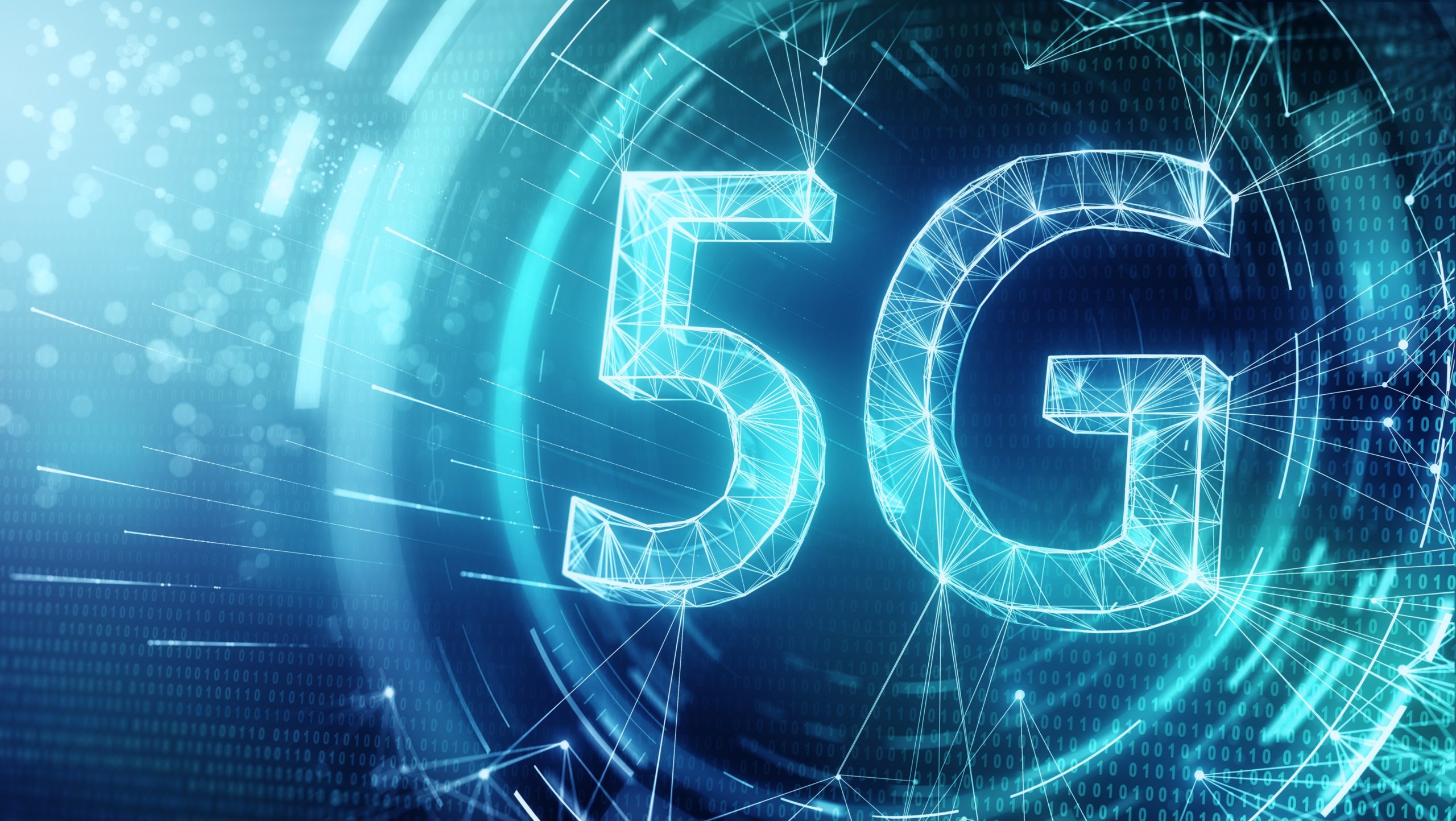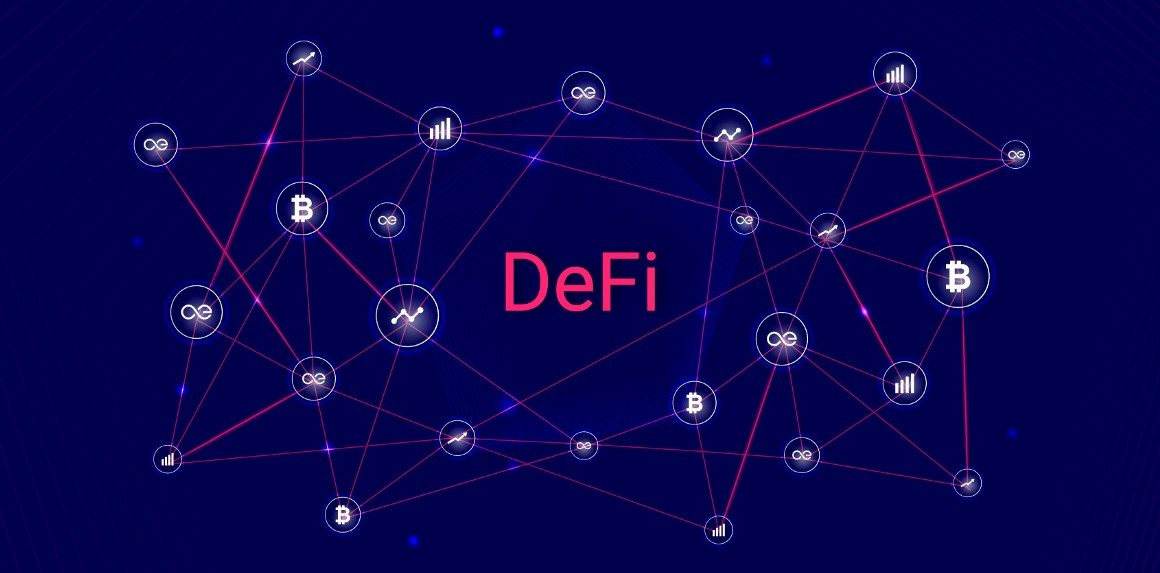The National Telecommunications Agency (Anatel) promises the auction of the fifth generation of mobile telephony (5G) in the first quarter of 2020.
South Korea has had the 5G network nationally since April this year. In the United States, some cities can already enjoy the speed of new technology, which can be up to 100 times faster than 4G. China and Japan should also debut their 5G systems soon. When will Brazil enter the era of ultra-speed mobile internet?
The National Telecommunications Agency (Anatel) has confirmed to NeoFeed that it plans to auction 5G technology frequency bands in the first quarter of 2020.
“The proposal will be subject to public consultation and, subsequently, will be decided by the Agency’s Board of Directors,” the telecommunications regulator said in a statement. “Bidding is scheduled for the first quarter of 2020 and the commercial operation may commence upon signature of the Terms of Authorization.”
It is difficult to know how long after the Authorization Terms have been signed the services of the telephone companies will go live. There is a long way to go until the debut of 5G technology in Brazil, which involves signing contracts with infrastructure providers, building the network and, finally, the commercial offer.
According to experts with whom NeoFeed spoke, there are two scenarios. The optimist estimates that by the end of 2020, telephone operators will start offering services in large Brazilian cities. The pessimist believes that only from 2021 the offer will leave the paper. “We are waiting to see how it looks,” says Sérgio Kern, director of SindiTelebrasil, which represents telecommunications companies. “We have a difficult investment.”
Anatel estimates that investments in telecommunications should total R $ 40 billion in the next decade, with 40% of this amount destined to mobile broadband networks (3G / 4G / 5G). “The Brazilian administration has been using the auctions to raise money,” says Kern. “We advocate that the cost of attendance be as low as possible, but that service coverage obligations be embedded.”
During Futurecom, an event that brought together telecommunications providers and operators last year, the presidents of the telephone companies were unanimous in stating that the fifth generation of mobile telephony should only start operating from 2021. “Operators are not stopped and are upgrading their networks to prepare for 5G, ”says Carlos Roseiro, director of integrated solutions for Huawei do Brasil, a Chinese supplier with 40 global contracts to implement fifth generation networks.
The operators are already testing with the technology. TIM, for example, made tests in Florianópolis with Huawei technology. Oi chose the city of Buzios (RJ) to test the fifth generation of cellular technology. Vivo and Claro have also evaluated the technology in their networks.
There are economic barriers to the rapid implementation of 5G technology in Brazil. Although the 4G network is present for 96% of the Brazilian population, investments in this technology have not yet been amortized. “No one wants to get in a race to lose money. But if consumers push, plans may go ahead, ”says an industry source.
5G networks can bring money to phone companies. Global Industry Vision (GIV), a study by Huawei, indicates that the amount of 5G data per user is as high as 70 GB, driving operator revenue growth of up to 20%.
Deploying 5G networks has an additional difficulty, especially in Brazil. According to SindiTelebrasil, it takes five times more antennas than with 4G technology. Not only will it be more expensive to install the infrastructure, but there will be more locations for the antennas.
Although the Antenna Law was passed in 2015, it has not been regulated to date. Thus, each municipality can also impose restrictions on the installation of technology.
The current government works on its regulation. The intention is to regulate the “positive silence” by stating that if the City does not manifest within 60 days, after the request to install a cellular antenna, the operator is free to install its cellular antenna, supported by this general law, which It’s federal.



